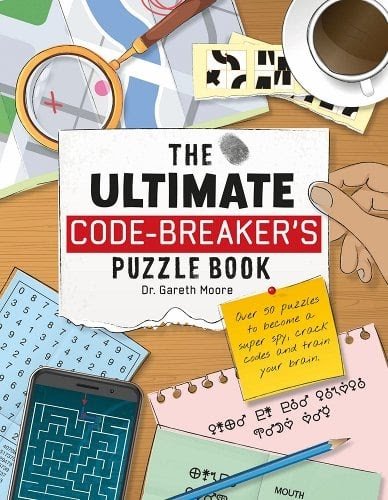The winners of the TII McEliece Challenges, a competition designed to test the security of a promising post-quantum cryptography system, have been revealed. Launched by the Technology Innovation Institute (TII) in Abu Dhabi, the challenges invited participants to break various cryptographic puzzles based on the McEliece cryptosystem. This system is considered a frontrunner in the race to develop encryption methods secure against the growing threat of quantum computers.
The challenges were divided into three tracks, each focusing on different aspects of breaking the McEliece cryptosystem. The first track rewarded those who could develop the most mathematically elegant algorithms to break the code. The other two tracks were more practical, tasking participants with directly recovering secret keys or messages hidden within encrypted data.
The competition attracted international participation, with competitors from France, Sweden, and Germany emerging victorious. Rocco Mora from France claimed a prize for his theoretical approach to cracking the code. Meanwhile, Lorenz Panny, an assistant professor at the Technical University of Munich, secured the top spot in the practical key recovery track. His feat involved successfully retrieving a hidden key from an encrypted message with a previously estimated security level of 83 bits. Finally, Run Timerr of Sweden triumphed in the message recovery track, demonstrating the ability to decrypt an encoded message.
The winners’ achievements not only showcase their own cryptographic prowess but also provide valuable insights into the strengths and weaknesses of the McEliece cryptosystem. The TII designed the challenges to identify potential vulnerabilities in the system and assess its effectiveness against real-world attacks. By attempting to break the code, participants help to identify areas for improvement and ensure the robustness of the system before it is widely deployed.
The TII McEliece Challenges are part of a larger global effort to develop and standardize post-quantum cryptography. With the rise of quantum computers, traditional encryption methods are at risk of being broken. Quantum computers exploit the principles of quantum mechanics to perform calculations that are impossible for classical computers. This opens up the possibility of cracking current encryption schemes, potentially compromising sensitive information and disrupting online security.
The McEliece cryptosystem is one of several promising approaches to post-quantum cryptography. By relying on complex mathematical problems related to error-correcting codes, it aims to remain secure even in the face of quantum computing advancements. The TII McEliece Challenges represent a significant step in validating the system’s viability and ensuring its future role in safeguarding information in the quantum age.





